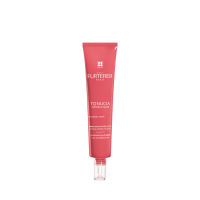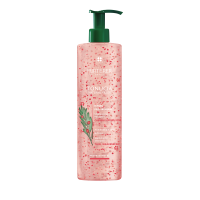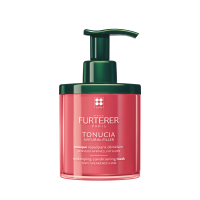The causes of thinning hair
When the anagen phase, or active hair growth phase, becomes shorter, the hair follicles produce fine, less dense, and less visible hair. This phenomenon leads to hair loss when the anagen phase stops completely. Men are then more likely to suffer from baldness, while women are more prone to thinning hair. How do you combat thinning hair? René Furterer lifts the lid on the treatments and solutions available.
What is hair thinning?
Hair lives an average of five years in women and three years in men. During these years, it grows, falls out, and then grows back in a well-shaped cycle. The growth phase, known as the anagen phase, lasts from two to seven years and allows for hair growth. Then comes a catagen phase, or resting phase, during which the hair stops growing. Eventually, the hair detaches from its follicles and eventually falls out during the telogen phase.
Not all hair on the head is at the same stage of its growth cycle: it grows and falls out at different times. This explains why everyone loses hair every day. Normal hair loss is when 85% of the hair remains in the growth phase. Below this figure, when the hair falls out more, it is referred to as alopecia.
What are the signs of thinning hair?
Thinning hair manifests itself differently in men and women. In men, it is characterized by a receding hairline or loss of hair at the crown. In women, it manifests itself by a thinning of the hair mass, especially at the root of the hair. More pronounced hair separation is also a telltale sign of thinning hair.
The causes of a loss of density, when not hereditary, are usually on the vascular or hormonal side.
● Vascular-related thinning: we refer to vascular-related thinning when the elements essential to hair growth are not present in sufficient quantity. This is the result of poor vascularisation of the hair bulb.
● Hormone-related thinning: thinning is caused by a hormonal imbalance (pregnancy, fatigue, stress, emotional shock, menopause, etc.)
How do you treat thinning hair?
It is difficult to accurately pinpoint the cause of hair density loss. As a result, it is wise to opt for treatments that allow for a gradual reduction in hair thinning, whatever the cause. René Fureter offers several treatments with plant-based active ingredients that act against the loss of hair density. These can be combined to obtain an optimal and faster result.
Dietary supplements: a boost to densify your hair mass
The Vitalfan range of dietary supplements helps to fight against progressive hair loss. It comes in the form of ingestible capsules to be taken for three months, along with a rich and balanced diet. This treatment combines various plant-based active ingredients and vitamins to stimulate the growth of thick and dense hair. It is a treatment that allows you to regain a certain amount of hair thickness and also to limit hair loss.
Incorporate a special shampoo for thinning hair into your hair routine
Using a stimulating and energizing shampoo is essential for strengthening hair with a loss of density. Enriched with guarana extract, natural essential oils of lavender, rosemary, and orange, the René Furterer shampoo gently restores the hair’s density. It also improves the appearance of the hair: it appears more invigorated, stronger, shinier, and softer after each shampoo.
Opt for serums that regenerate the scalp
The volume regenerating serums purify the scalp and keep the hair healthy with a revitalizing action. These treatments make the scalp less visible and the hair fuller. René Furterer silicone-free serums act at the heart of the hair follicle and treat all the factors responsible for hair loss.
 Our headings
Our headings




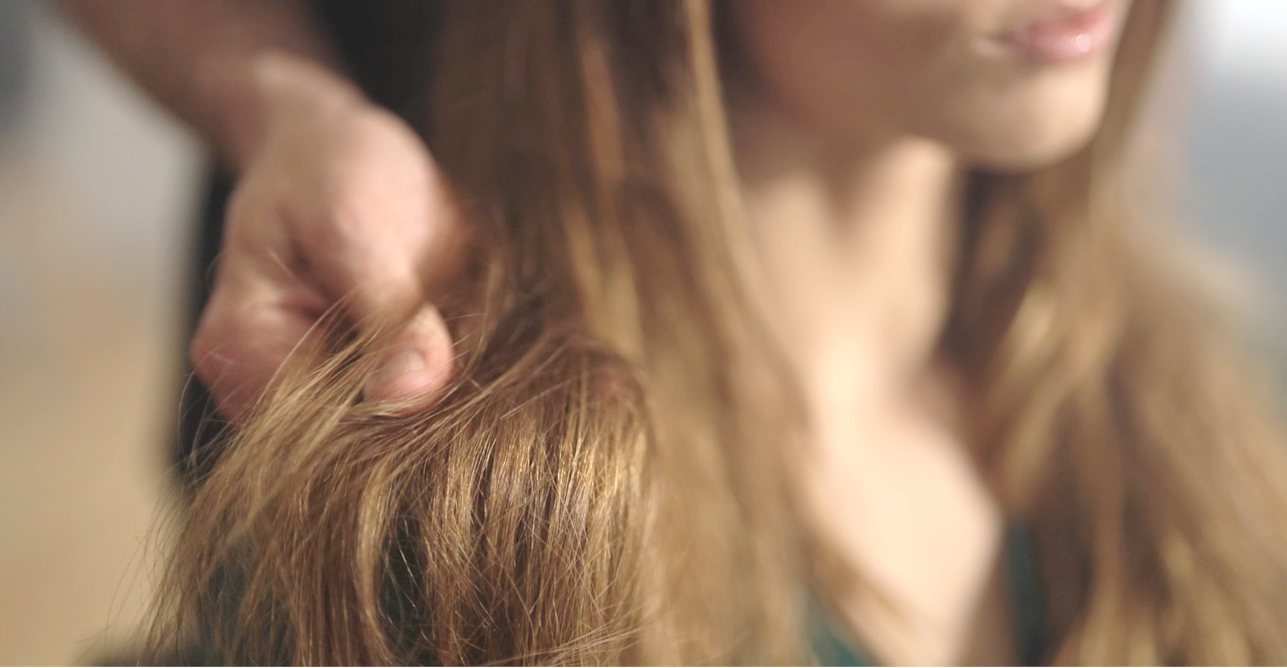

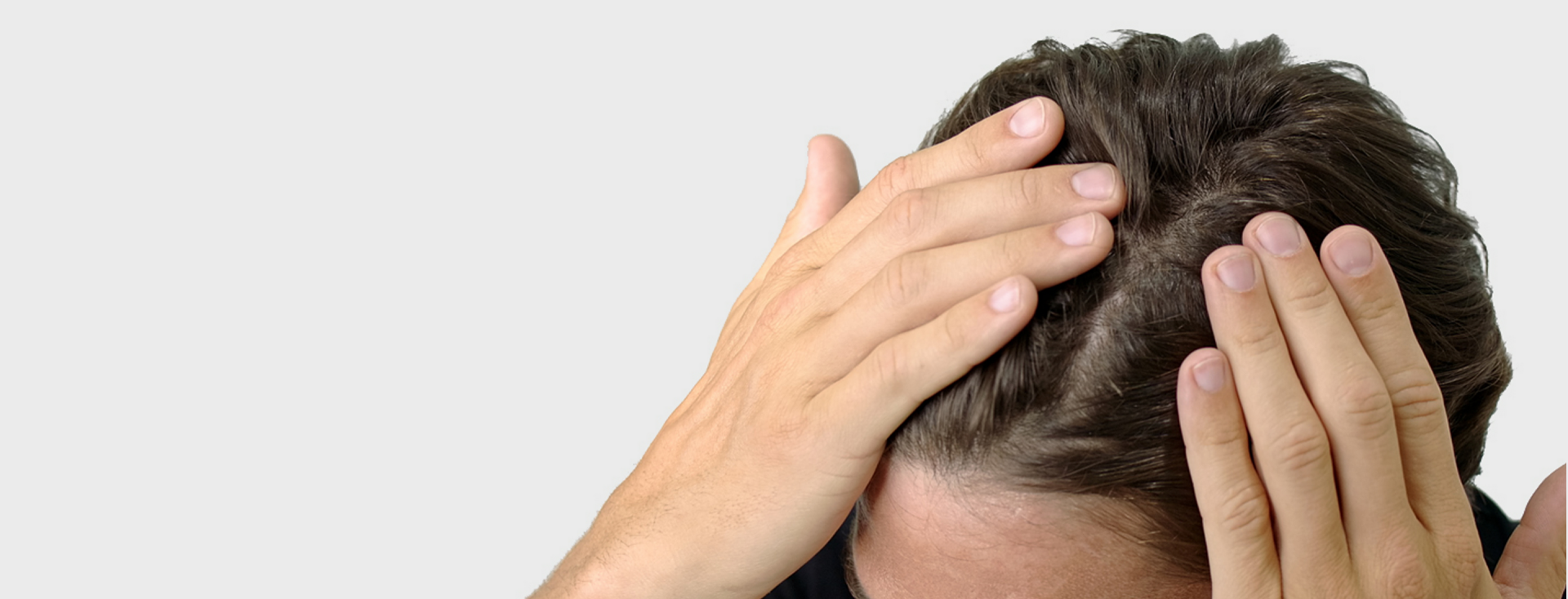
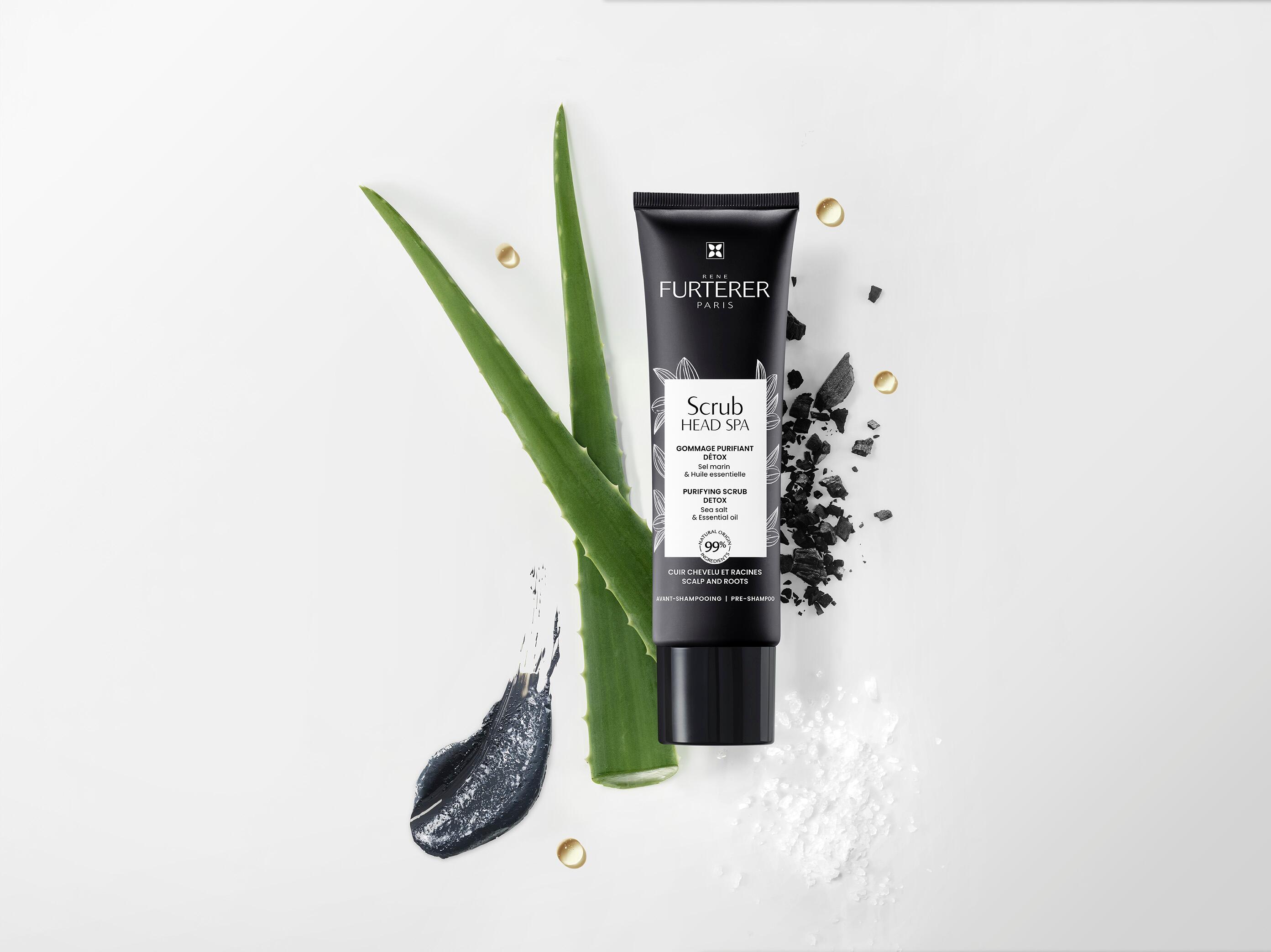

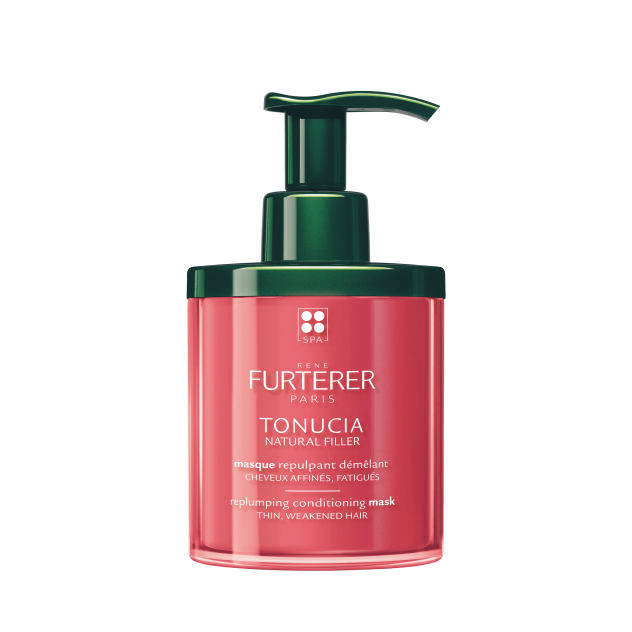




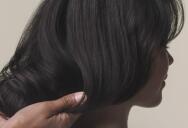



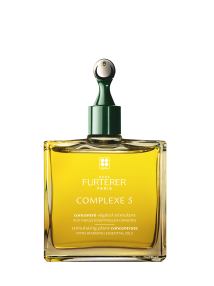


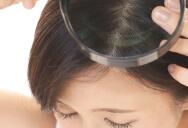

_188x128?t=crop&x=0.011&y=0.000&width=0.979&height=1.000&outputWidth=188&outputHeight=128)
_188x128?t=crop&x=0.116&y=0.000&width=0.814&height=1.000&outputWidth=188&outputHeight=128)
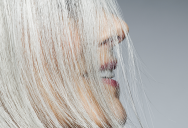

_188x128?t=crop&x=0.156&y=0.000&width=0.814&height=1.000&outputWidth=188&outputHeight=128)







